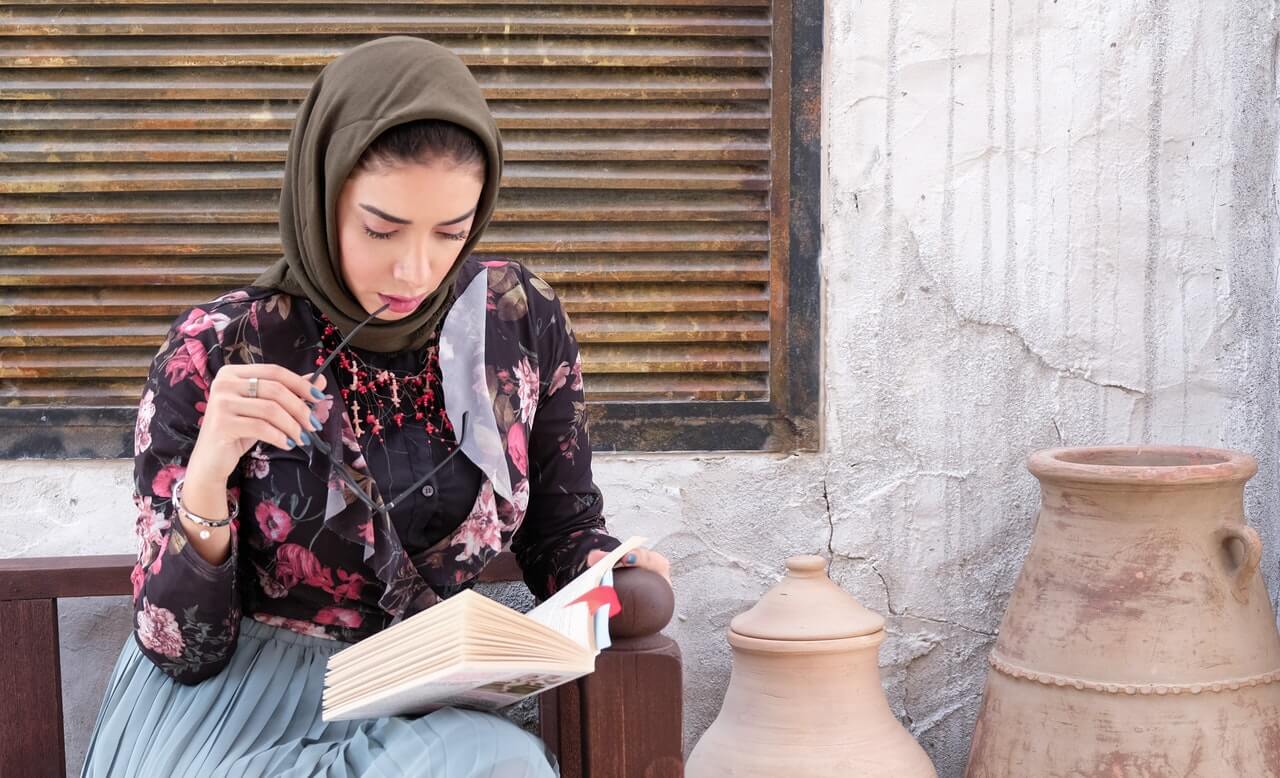How to Choose a Book
 Photo by The Lazy Artist Gallery on Pexels
Photo by The Lazy Artist Gallery on Pexels
When looking for a book to read the other day, I caught myself choosing based on how strongly I agreed with each premise. I hardly considered the writing or the research, or what I might learn by reading each book. I was falling victim to conformation bias.
We must seek different perspectives from our own. Many of our beliefs aren’t even ours—we inherited them from our parents, our teachers, our peers. When we question a belief, though, we either discover an error and adjust, or we find that a belief withstands questioning, and it becomes our own.
But a good book needs more than contrary opinions. What about quality? Here’s what I suggest: take a second look at what you dismiss. You can’t judge a book by its cover, but you can get a feel for what it’s about by reading blurbs, reviews, and even excerpts on some websites (such as Amazon). Now ask yourself some questions. Has the author done any research? Is the book well written? Are the arguments logical? How does the potential for learning compare to the time it will take to read the book? If it’s fiction, how much effort did the author put into characterization, setting, plot, and dialogue? What might you learn from the character’s experiences?
After you’ve chosen a book, you must continue questioning, searching for flaws in the author’s argument while being open to new ideas. You may read slower this way, but this critical thinking filters out unsound arguments. Eventually you will question what you read automatically.
Of course, we’re not always going to want to read opposing opinions—they should instead supplement our usual choices. And we shouldn’t just question what we read, but what we watch, listen to, and what we believe. Only then can we think for ourselves. Only then can we live intentionally.